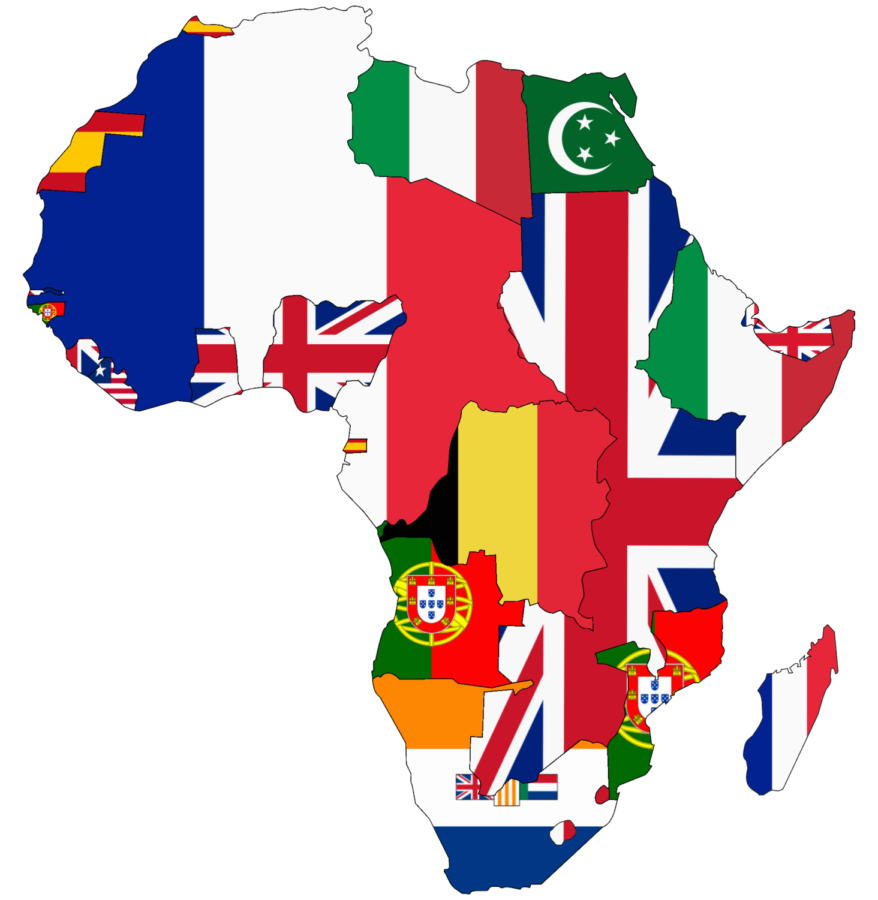Colonialism in the 21st Century
During the 20th century, colonization was a popular “pastime” for European powers to exploit the resources of nations in Asia and Africa. As World War Two ended, so did the colonial era, with many colonies speaking out, wishing for independence. Namibia became the last official colony to gain independence from South Africa in 1990. However, this is not the official end of the colonization of the world. To this day, there are 61 overseas territories and over 30 dependencies in the world still under the direct control of another country. The question of the independence of these territories has been the topic of discussion for decades now as we move further into the 21st century.
One thing that needs to be debated is the question of how the overseas territories and dependencies are divided up, and whether they should be given complete autonomy or have some sort of other alternative. For example, many territories such as Saint Helena Island (an island in the Atlantic Ocean which belongs to the United Kingdom) do not have the resources or population to sustain themselves as an independent nation. With a population of 4,255 people, as well as a GDP solely dependent on fish and imports from the UK, this island would never be able to sustain itself if it were to be given full independence from the United Kingdom.
However, there are other territories such as New Caledonia which have a different reality. New Caledonia is an island nation in the Pacific Ocean off the coast of Australia with a population of 271,960 people. This territory has its own government with a High Commissioner, President of the Government and its own political parties. This also means that it has its own import/export system with the export of nickel accounting for 86% of all exports from New Caledonia. New Caledonia also has several other import partners such as Japan, Australia, South Korea, Spain, the United States and Belgium. Besides accounting for 10% of the worlds nickel reserve, New Caledonia also has one of the region’s highest average incomes per capita with 12,579 USD (higher than most independent countries in the region such as Fiji and Papua New Guinea who only have $2,069 and $2,636 respectively).
All of these reasons make one believe that territories such as New Caledonia should be an independent country as it already has taken significant steps towards autonomy. However, one important thing that is lacking is the will for independence amongst its people.
In the case of New Caledonia, the island has recently held two referendums, regarding their independence, in 2018 and 2020. Both of these times, the territory has rejected independence by 56.7% and 53.3% respectively. It is clear that although the issue of independence is quite divided, there is heavy anti-independence support across the territory with the two largest parties in the territory also being against independence. Interestingly, New Caledonia will be having their third and final referendum on the 12th of December 2021. This referendum will be an interesting determination of whether ideologies change and whether they will finally choose to participate in decolonization or continue to defy the rules of self-sufficient nations being independent.
Although territorial independence may be an important step to decolonization across the world, there are exceptions where territories simply prefer being a part of a larger nation as it gives them advantages. In terms of New Caledonia, financial transfers from France are also a significant source of its revenue, totaling AUD2.45 billion in 2018. (17 percent of GDP). While for Saint Helena Island, the demographic of the island is largely British with all Saints being granted British citizenship and passports, which gives them 147 visa-free countries to visit.
Decolonization may have been important to many countries in the past and to a few autonomous regions today, however, it is important to remember that decolonization must be looked at through a regional perspective rather than simply discussing it as a global issue that must be addressed with all territories.





